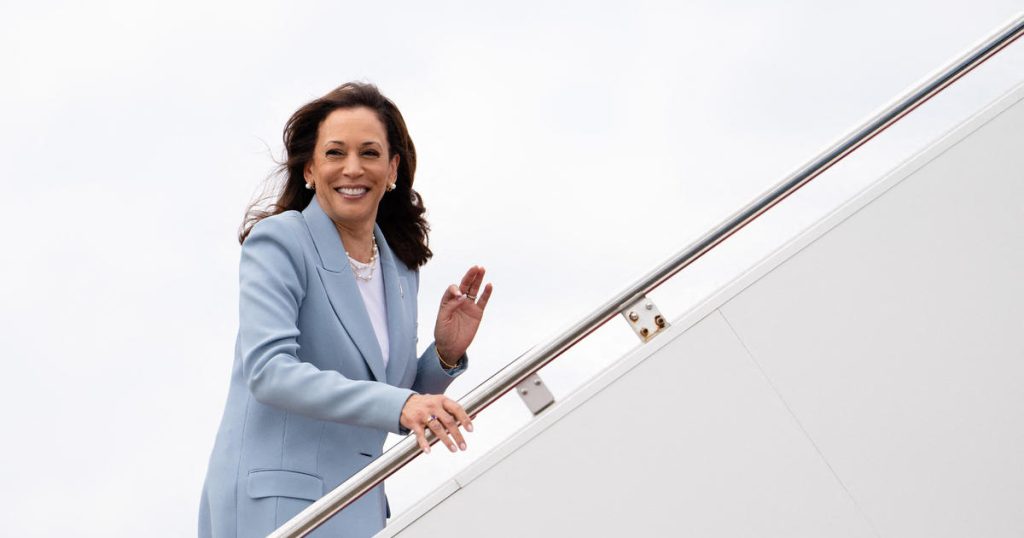Speculation is mounting about Kamala Harris’ choice for a running mate, prompting discussions about the significance of the vice-presidential pick in the upcoming elections. Harris is scheduled to visit Philadelphia with her running mate for a campaign event, but the decision on who that person will be has not been disclosed yet. A top tier of five candidates has emerged as potential choices, including Pennsylvania Gov. Josh Shapiro, Sen. Mark Kelly of Arizona, Minnesota Gov. Tim Walz, Kentucky Gov. Andy Beshear, and Transportation Secretary Pete Buttigieg. Shapiro, who has been actively campaigning for Harris in Pennsylvania, declined to comment on whether he desires the position, emphasizing that the decision lies solely with Harris.
The decision about a running mate is a deeply personal one for Harris, as it involves selecting someone who she believes can effectively govern alongside her and make difficult decisions for the American people. Several other notable figures, such as Michigan Gov. Gretchen Whitmer and North Carolina Gov. Roy Cooper, have stated that they are not being considered for the role. The choice of a vice-presidential candidate is a critical element of the campaign strategy, as it can influence voter turnout and perceptions of the ticket as a whole. Therefore, Harris’ decision will be closely scrutinized and could potentially impact the outcome of the election.
The Vice President’s visit to Philadelphia is part of a broader campaign effort to engage with voters and build momentum heading into the final stretch of the election season. The selection of a running mate is a key aspect of this strategy, as it allows candidates to appeal to different demographics and regions of the country. Harris’ choice will likely be influenced by factors such as the candidate’s experience, policy positions, and ability to connect with voters. The decision-making process is complex and entails assessing various factors to determine who will best complement Harris in the campaign.
The running mate selection process is a crucial moment in any presidential campaign, as it signals the candidate’s priorities and vision for the country. The choice of a vice-presidential candidate reflects the candidate’s values and goals, as well as their strategy for governing if elected. Harris’ decision will be closely watched, as it will provide insight into her leadership style and priorities as a potential Vice President. The running mate also plays a significant role in shaping the campaign message and attracting support from different constituencies.
The speculation surrounding Harris’ choice for a running mate underscores the importance of this decision in the overall campaign strategy. The selection of a vice-presidential candidate is a key indicator of the candidate’s judgment and leadership abilities, as well as their commitment to diversity and inclusion. Harris’ decision is expected to send a powerful message to voters about her priorities and vision for the country. The running mate’s role is not only to support the presidential candidate but also to represent their values and policy positions to the public.
In conclusion, the selection of a running mate is a critical decision for any presidential candidate, as it can help shape the outcome of the election and demonstrate the candidate’s leadership qualities. Harris’ decision on her running mate will be closely scrutinized and could have a significant impact on her campaign’s success. The running mate selection process is an opportunity for candidates to showcase their values and priorities, as well as to build a diverse and inclusive coalition of supporters. Harris’ choice for a running mate will be a pivotal moment in her campaign and could potentially influence the outcome of the election.


